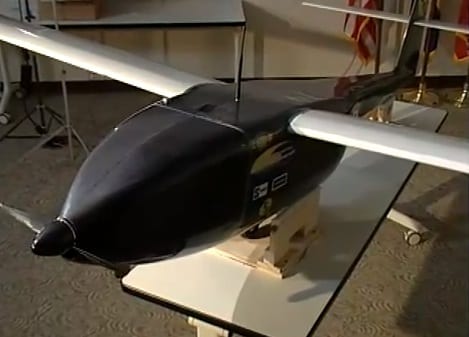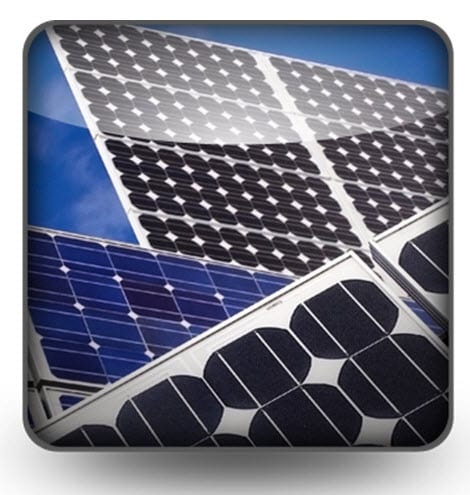
Navy drone sets new record with the help of hydrogen fuel
May 20, 2013Navy makes major breakthrough with hydrogen fuel
The U.S. Navy has become a very strong supporter of renewable energy over the past few years, driven heavily by the interests of the Department of Defense. The Navy has been involved in projects concerning various types of renewable energy, from solar energy to biofuels. Hydrogen fuel is included in the Navy’s interests as well, but the military has been relatively reserved on its experimentation with fuel cells, preferring these energy systems for transportation purposes. The Navy has, however, achieved a major accomplishment concerning hydrogen fuel recently.
Hydrogen-powered UAV flight record has been broken
The Navy’s Ion Tiger unmanned aerial vehicle (UAV) has been the pride of the U.S. Naval Research Laboratory for several years. The relatively small aerial drone represents a convergence of the Navy’s technological progress in the field of drone flight and hydrogen fuel cells. The drone is equipped with fuel cell propulsion system that makes sued of liquid hydrogen fuel. In 2009, the UAV set a record when it flew for more than 24 hours before needing to be refueled. That record has since been broken.
Ion Tiger manages to break its own flight record
Researchers from the Naval Research Laboratory have successfully flown the hydrogen-powered UAV for 48 hours and 1 minute, shattering the drone’s previous flight record. Researchers note that the successful endurance flight was partially due to the liquid hydrogen fuel that was used by the drone. This fuel was stored at three times the pressure of conventional hydrogen and was injected into a cryogenic fuel tank and delivery system. This storage system was designed to be lightweight, allowing the drone to fly for an extended period of time without having a significant need to refuel.
Hydrogen fuel remains an interest for transportation purposes
While the military remains interested in hydrogen fuel for transportation purposes, Navy researchers suggest that fuel cells could help make battlefield surveillance more efficient. Drones that are able to stay in the sky for longer periods of time are more capable of observing the events that unfold beneath them, providing valuable information to soldiers on the ground.



 HFN News is your leading source for fresh hydrogen and renewable energy updates. Amid the fast-paced growth of hydrogen companies, we provide top-notch news and insights about this exciting sector. Our coverage spans from hydrogen cars to global sustainable initiatives, and we highlight the latest in green jobs and developing hydrogen hubs. We invite you to share your local hydrogen news and explore today’s renewable energy job listings on our site. Thanks for choosing HFN News as your trusted guide to the hydrogen and renewable energy world!
HFN News is your leading source for fresh hydrogen and renewable energy updates. Amid the fast-paced growth of hydrogen companies, we provide top-notch news and insights about this exciting sector. Our coverage spans from hydrogen cars to global sustainable initiatives, and we highlight the latest in green jobs and developing hydrogen hubs. We invite you to share your local hydrogen news and explore today’s renewable energy job listings on our site. Thanks for choosing HFN News as your trusted guide to the hydrogen and renewable energy world!